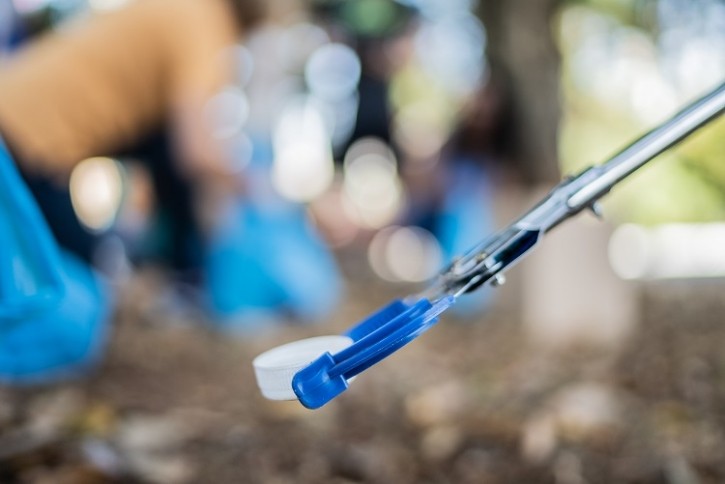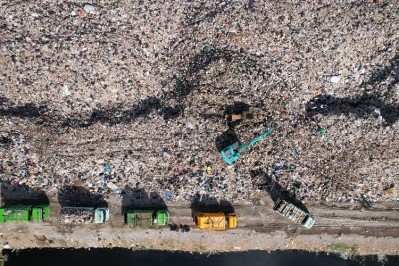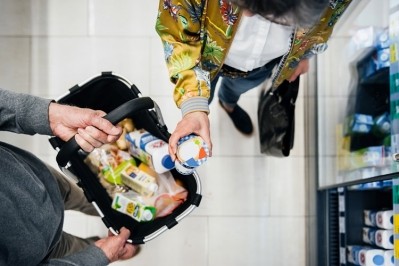'We need to have the right products, because the consumers are demanding it': How politics can drive recycling in plastic packaging
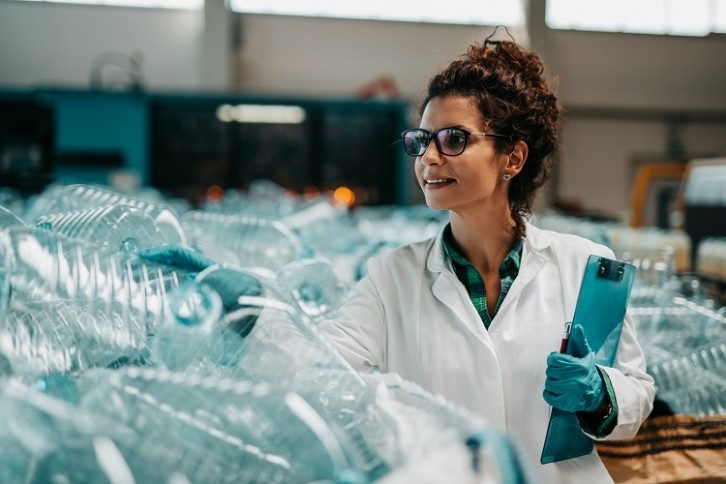
Henriksen, who recently attended a panel on the decarbonisation of food systems, which included Lord Deben, Chair of the Climate Change Committee and Wera Hobhouse MP, Liberal Democrat Spokesperson for Energy and Climate Change, was optimistic about policy’s ability to drive for more sustainable food packaging production.
For instance, partnership between politics and business is vital. “Businesses must come together in support of the design and implementation of future recycling policies, ensuring that adequate infrastructure for the separate collection of used packaging is put in place,” Henriksen told FoodNavigator.
Tetra Pak is working with the UK government to improve recycling collection, and investing money into these efforts.
Collecting the packaging
Tetra Pak is a member of the Alliance for Beverage Cartons and the Environment (ACE), an organisation that provides a platform for European carton manufacturers aiming towards a circular economy.
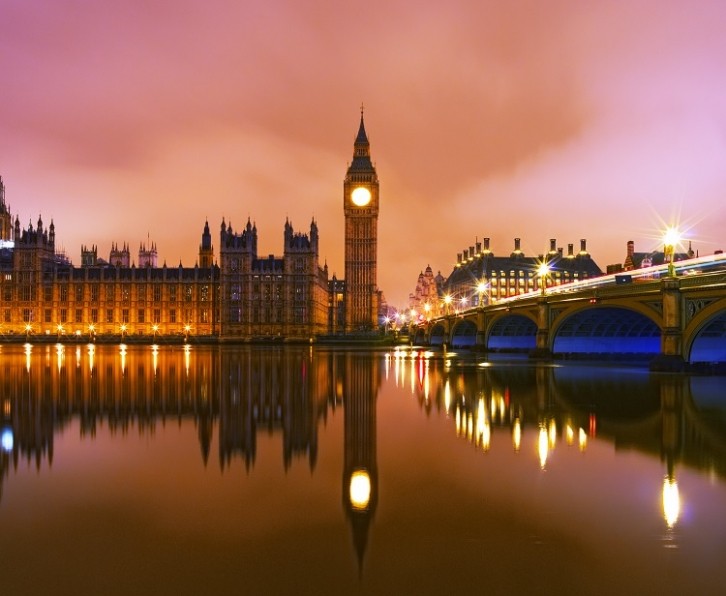
“As a member of the ACE,” Henriksen told us, “we support broader recycling initiatives and beverage cartons as a low carbon, fully recyclable, renewable packaging format. In the UK, 97% of local authority areas collect cartons for recycling, through a combination of bring back or kerbside collection, with 66% of local authorities implementing kerbside collection of carton packages.
“Tetra Pak, through its partnership with ACE UK, is working closely with local authorities and waste management companies to increase the rate of carton collection in the UK by further assisting in the development of recycling infrastructure. ACE UK’s dedicated recycling facility in Halifax has the capacity to recycle up to 40% of the cartons manufactured each year for the UK food and drink market.”
ACE is a vehicle through which Tetra Pak can ensure collection of recyclable materials is made. “With [the] organisation ACE, we have been calling for 90% collection targets being set, because that will give us an appropriate level of packs coming back, that we can then also get very high recycling rates.”
Despite these efforts, Henriksen is critical of the current recycling infrastructure in the UK. “In order to boost recycling rates in the UK, we have to have consistency of collection infrastructure.
“We look forward to the Government’s response to its consultation on consistent household and business collection, which will increase current collection and recycling rates, and provide the commercial rationale for greater investment in the UK’s recycling infrastructure, including carton recycling facilities.”
The Deposit Return Scheme
Henriksen is a strong advocate for a greater rollout of Deposit Return Schemes (DRS) across the UK. Recently, the Scottish devolved government attempted to implement a DRS, but this was postponed until October 2025 by the UK government in Westminster. Circulatory Scotland, which was due to manage it, has since gone into administration.
Some businesses have criticised the high cost of the scheme. However, Henriksen stressed the benefits a DRS could offer. “What we have been seeing and what we have been anticipating from not being a part of the Deposit Return system on the long run, you will then see the EPR fees actually rising higher than the cost of getting into a DRS scheme today.”
The DRS, Henriksen suggested, “has a key role in driving better recycling, but it must be easily understood by consumers and underpinned by the latest technology. It should also be wide in scope and as ambitious as possible.”
Therefore, it is “disappointing that the Government has instead elected to pursue a DRS that only includes PET plastic and aluminium and steel cans in England.
“Furthermore, we were disappointed that the Government failed to explore the use of new, digital DRS technology, which enables kerbside collection and offers decentralised, hassle-free collection, as part of the planned DRS.
“As it can be integrated into the kerbside collection system, a digital DRS can ensure the Government pursues a consistent approach across recycling policies.”
It is in the government’s hands, suggested Henriksen, as well as industry’s, to push for better recycling rates in the UK.
Consumer demand and consumer education
According to Henriksen, the growth in sustainable food packaging is simply due to increasing consumer demand for the same.
“Consumers are placing increased importance on sustainable packaging and want to understand how the food and beverage sector is helping to mitigate the impact of climate change,” he told us, pointing to Tetra Pak’s recent research that 68% of consumers ‘highly value’ businesses that are attempting to provide recyclable packaging. “This means industry leaders must innovate to keep pace with consumer expectations.”
For example, “for half of consumers in the UK and Ireland, decarbonisation efforts and sustainability credentials have a real bearing on purchasing decisions. Failure to meet these expectations may impact both brand reputation and businesses’ bottom lines.”
While customer enthusiasm for sustainable packaging is high, Tetra Pak still aims to make it even higher.
“So, what we do is we invite the school classes in and they then compete on who knows most about sustainability and packages in general and so on.
“We are getting a chance to educate the next generation consumers on to make the right choices, but also to make sure that they actually, when they're done with consuming any of the products that are consumed, make the right choice and don't leave it laying in the street, but they go to the bin, and they actually sorted in the right bin.”
Henriksen gave a suggestion of Tetra Pak’s future developments. “So, the next step is to come up with the world's most sustainable food package. That's what we would like to call it. And it's a package that is made solely from renewable sources. And it is fully recyclable, of course.
“And that is currently being developed, so to say, not globally launched yet, but it's now testing in Spain. And the next step is, of course, then to take this to the commercial scale and bring it forward into the market.
“We need to have the right products, because the consumers are demanding it.”
